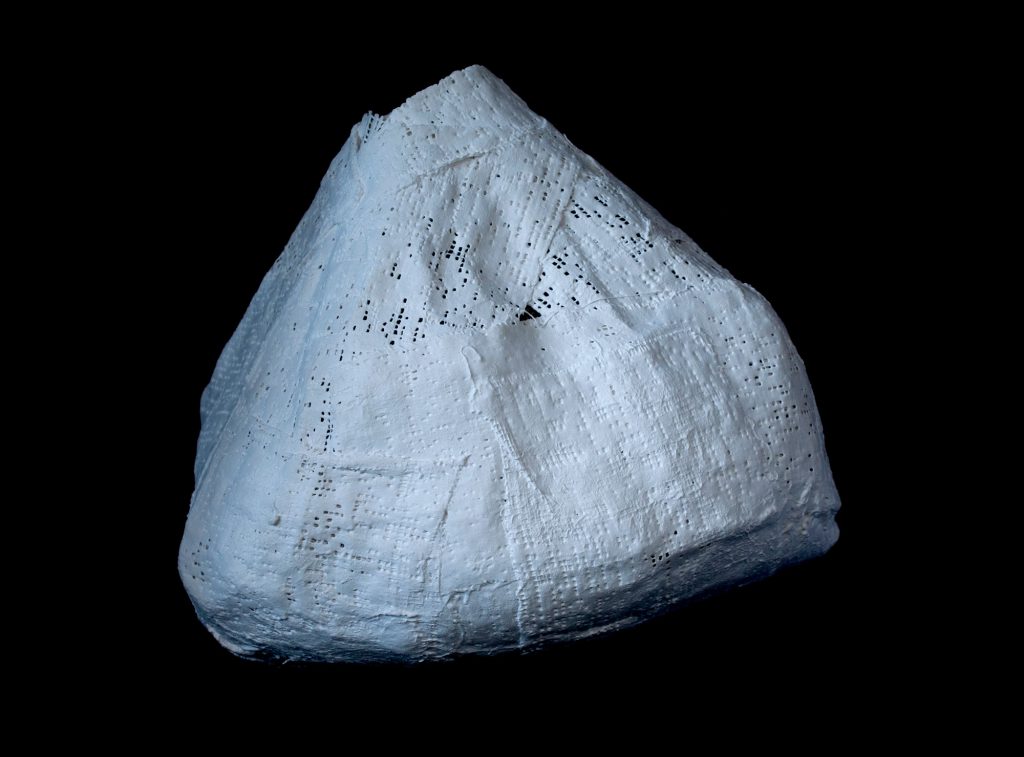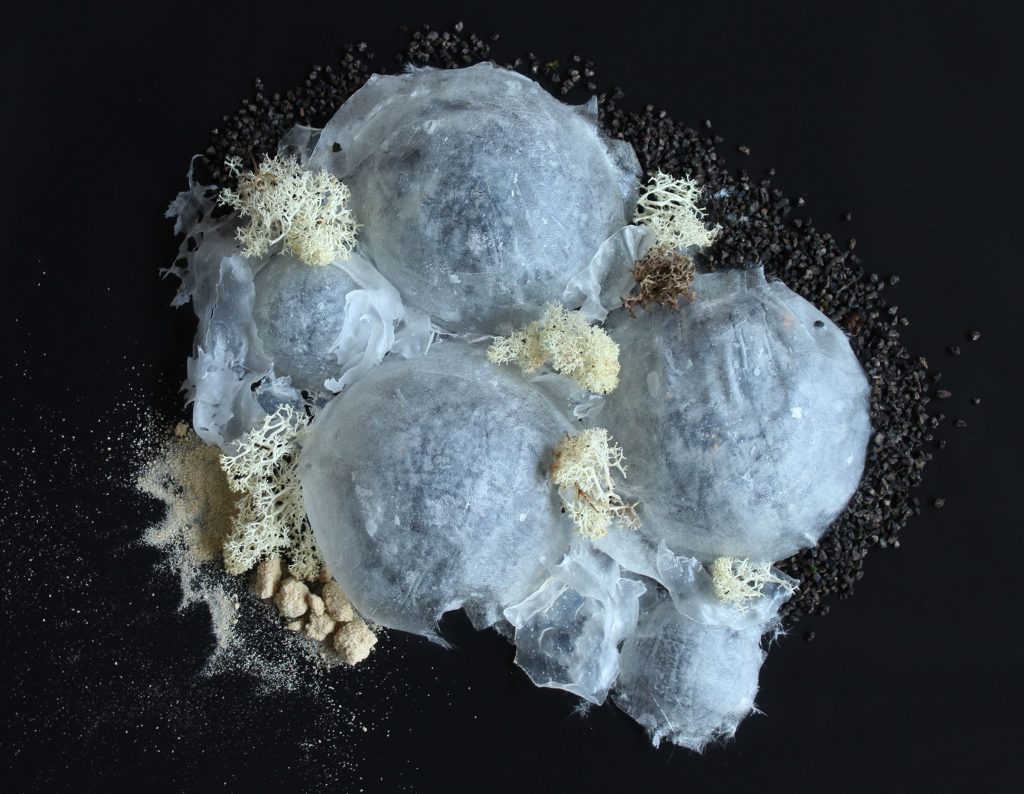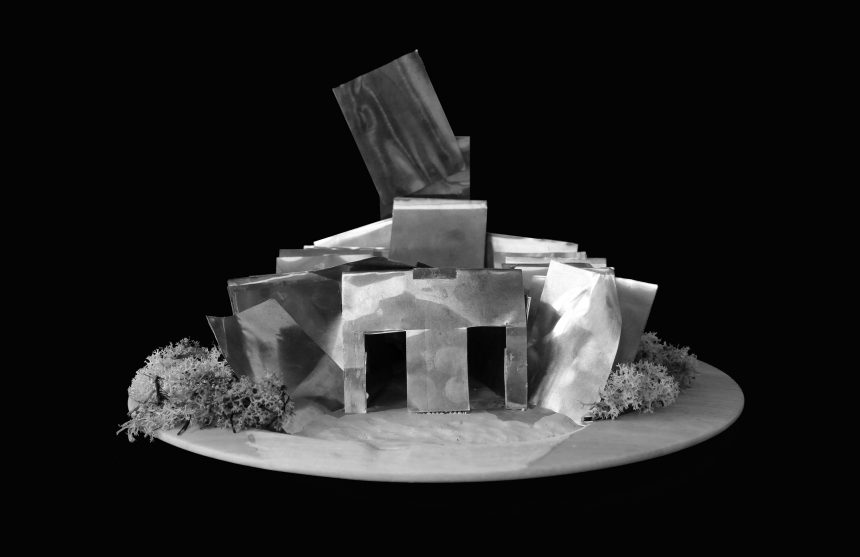Artist of the month – Gail Ritchie
What is your typical studio routine?
At the moment, I don’t have one. Like many people, current circumstances have impacted on what we can and can’t do on a daily or weekly basis. In more normal times, I would have been in the studio everyday and sometimes at weekends. Currently, I am in the last year of a practice based PhD at Queen’s University and this means that the written element of the work is to the fore – I can do this from home. As the writing is in the form of a reflective response to work made in the studio, I will need to resume studio practice in the near future, then go back into the writing. I am fortunate that I can adapt my practice to either working from home or in the studio. That said, I see the studio very much as a place for making and experimenting. Writing only takes place there as jotted down fragments of thoughts. I don’t think there is a typical studio routine. Some days are just for thinking.
Many of us at QSS have previously studied at UU at different stages of our education. How did this experience influence your later attitude as a professional working artist?
I don’t think it influenced me in any positive way – in fact I would say it took me a few years to shake it off and find my creative path. After leaving UU, I moved to Cork and got a part time administrative job with Cork Artists’ Collective which was housed in an old building in the grounds of Saint Finbarre’s Cathedral. Each of the studio artists were older than me, at that time, and each of them was well established professionally. They all taught me something – from making frames to how to talk about your work to collectors and from installing an exhibition to professionally documenting the work. I would say I learnt everything about professional practice during my two years with them and very little from art college. On reflection, it was a kind of old school apprenticeship and it taught me a lot about what it means to be professional.
Is there a difference , say, in being called an ‘artist’ or a painter/sculptor etc. Do these distinctions matter?
Artist is an umbrella term – it covers many things! I have always been a mixed media artist – I am too interested in materials and processes to describe myself as any one ‘thing’. I think that doing so is reductive. As someone whose work has a strong sense of narration, I use the medium that best suits the story I want to tell, or the issue I want to address. Often, these combine through the creation of mixed media installation. Right now, I am focused on making small scale, experimental sculptural forms which are in parts like a stage set, or an architectural model. Next week, I might return to drawing, or photography. When all these different approaches are centred on a theme, the work has a cohesion and so I don’t think it matters how they have been executed, as long as they resonate with each other. Sometimes, changing from one medium to another, sparks a new idea or a new direction and I have always tried to expand the boundaries of what I can achieve artistically.
Images:
Museum (for forgetting) – above image, copper sheet, wood, plasticine, 30 x 30 x 12 cm. Work in progress.
Tidal Breath (for Holding), plaster cast, 25 x 15 x 10 cm. Work in progress.
Habitat (for healing), mixed media assemblage, 40 x 25 x 10 cm. Work in progress.


About the artist
Gail Ritchie is a mixed media artist living and working in Belfast. She graduated with a degree from University of Ulster and an MA from Queen’s University, Belfast. Currently she is undertaking a practice based PhD at Queen’s and she will exhibit her research on memorial forms at the Naughton Gallery , Belfast in 2022. Gail’s work on memory, conflict and memorials is recognised internationally. For more information see Olivera Simic (2020) Visualising women’s historical injustices of war and violence in Historical Dialogue, Preventions of Mass Atrocities; D.M Withers (2019) Wounding poppies: hyper-commemoration and aesthetic interventions. Critical Military Studies and Paul Gough, (2018) Dead Ground, War and Peace, Remembrance and Recovery.



